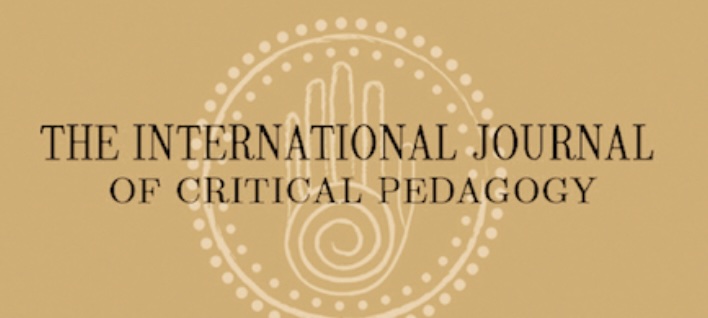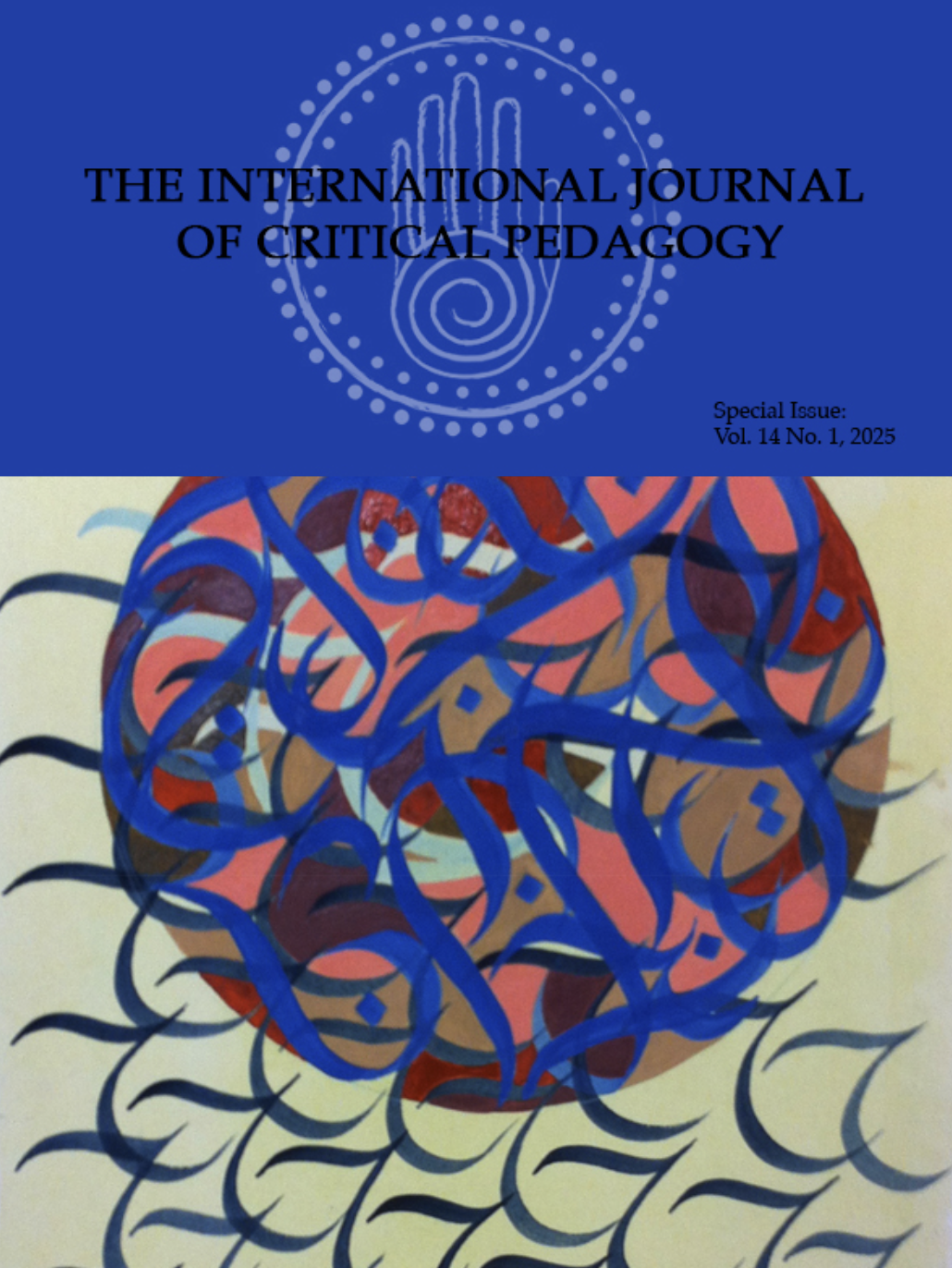Abstract
Worldwide there is a growing interest in improving access to higher education for non-traditional adult learners, as Hyland-Russell and Groen (2011) have argued. This paper focuses on the results of a study funded by the Social Sciences and Humanities Research Council of Canada (SSHRC) that profiles two Radical Humanities programs for non-traditional adult learners. Treating these programs as a practice best expressed through the experiences of the people involved, as a means of understanding the fit between the ideas informing the programs and the realities and practice of the programs, this paper argues that current offerings of such programs are delivered as extensions of formal education in that they support objectification of students and asymmetrical power relations. This contrasts with the usual characterizations of such programs as relevant and life-changing, capable of transforming students’ ideas of themselves. The programs proved deficient in achieving what they aim to do. I will articulate the barriers to achieving what they aim to do and offer suggestions, based on an analysis of data, for change.
Keywords: Canadian Radical Humanities programs, non-traditional adult student, power, emancipatory education, liberatory education
How to Cite:
Czank, J. M., (2022) “Canadian Radical Humanities: Beyond Discourse”, International Journal of Critical Pedagogy 12(1).
Downloads:
Download PDF
View PDF

